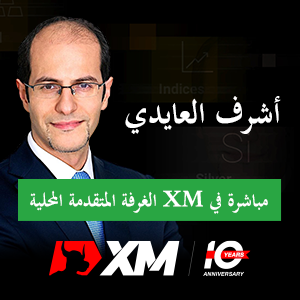Rate Hike Expectations Must be Abandoned
US non-farm payrolls lost -49k while the unemployment rate jumps to 0.5 points to 5.5%-- the highest rate since Oct 2004 and the fastest jump since February 1986. The jobs losses were broad across all sectors with the exception of the government sector, which is not unusual in recessionary conditions. Construction lost 34k, manufacturing lost 26k, retail lost 27.1K and even temporary employment dropped -30k.
Markets Are Dealt with 2 Stark Reminders in the Last 24 hours:
1. The Notion of a Rate Hike Must be Abandoned in 2008
Todays US jobs report reminds the markets of what Federal Reserve Board said 3 weeks ago rather than what the Fed Chairman Bernanke said this week. Last month, the Fed revised upwards its central tendency forecasts for the unemployment rate in H2 to 5.6-5.7% from 5.0%. The FRB also revised down its GDP growth forecast. This highlights our stark disagreement with the fed funds futures pricing a rate hike this year, which was largely a result of Federal Reserve speeches rather than actual data. We stick with our expectations for at least one more rate cut of 25 bps from the Fed to 1.75%, with chances for a 1.50% print at 40% chance.
The US recession may not show itself in the definition of two consecutive quarterly GDP growth rates, but it is worsening on the employment front as it has on the housing front. In the last two recessions of 1990-91 and 2001-2, the longest uninterrupted string of payrolls declines was 11 and 15 months respectively. This year, payrolls have shown 5 straight monthly declines, with the unemployment rate suggesting more losses into the rest of the year.
2. Trichet Can Do What Bernanke Does, And Maybe More
Combining todays weak US jobs report with yesterdays press conference from the European Central Bank, currency and bond markets are dealt with a stark reminder to currency markets that the ECB can also step up its own inflationary concerns and may potentially raise interest rates before the Federal Reserve could even consider raising its own rates. ECBs Trichet comments that a rate hike is not excluded next month suggests that the Fed may not operate in a global vacuum of tighter monetary policy. In fact, it is the ECB that is guided by an explicit mandate to keep inflation close to 2.0%, as opposed to the Federal Reserve, which is the only central bank (in addition to the Bank of Japan) in the industrialized world with no explicit quantitative inflation target. Trichets comments have now reversed market expectations towards a 2008 rate hike in Q4, from no change or a rate cut. The Swiss National Bank has also stepped up its own inflation rhetoric today.
This support our forecasts for $1.56 by month-end and 103 for EURUSD and USDJPY. We should also a see a gradual retreat in equity indices as markets struggle in coming to terms with the Fed's inflationary vigilance in the midst of accelerating deterioration in US labor markets. We are bearish in USD against GBP with support at 1.97. Indeed, GBP remains the broadest losing currency in the industrialized world, showing the biggest loss in gold terms relative to other currencies.








